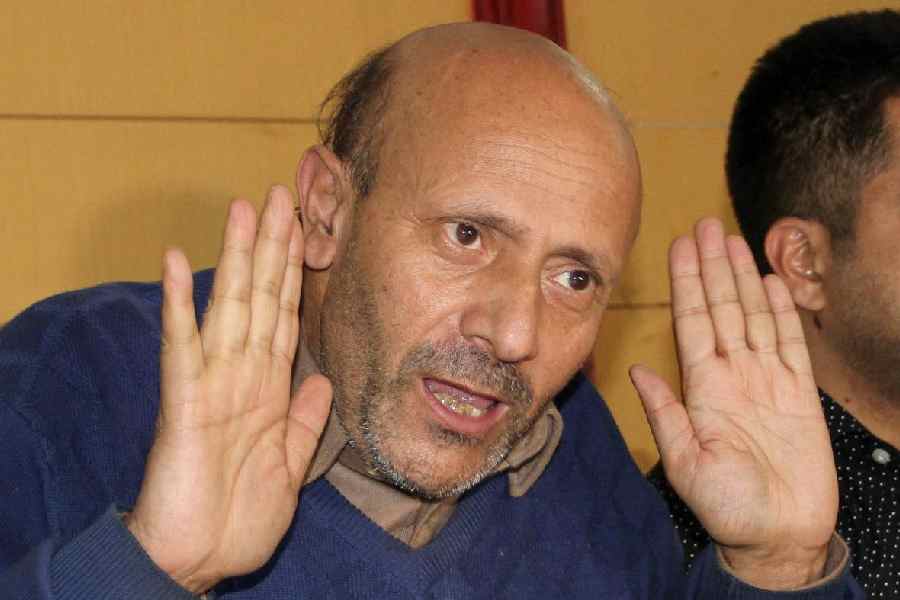1984 was a watershed year for Jammu and Kashmir and Punjab. In J&K, the year is remembered for a political coup that New Delhi orchestrated to oust an elected government, while Punjab witnessed the horror of Operation Blue Star whose aftermath would singe the state and the nation. The prevailing situations in J&K — now a Union territory — and Punjab may no longer be comparable to what they were 40 years earlier but New Delhi cannot afford to ignore the unceasing rumblings on the ground. Militancy — the Narendra Modi government claims to have neutralised this spectre — seems to be on the rise: there have been four terror attacks in four days in Jammu alone. That is not the only concern though. The recent general election witnessed public support for voices — radical and dissident — in both states: this should worry New Delhi. Punjab has elected two independents — the incarcerated Amritpal Singh and Sarabjeet Singh Khalsa — known for their radical beliefs. Their victories are undoubtedly manifestations of larger, subterranean currents, such as Punjab’s deepening agrarian crisis, the burden of drug addiction as well as the absence of legal relief for political prisoners. These issues seem to have served as the fodder for the public sentiments that went in favour of the the two men with chequered legacies. Kashmir, too, saw a former chief minister and an aspiring one being humbled by Sheikh Abdul Rashid — also in jail — a dissident and a staunch critic of the regime’s claim of normalcy in the restive region.
This is a delicate moment in both Punjab and J&K. Care should be taken to ensure that the political legitimacy that has been accorded through the electoral process does not encourage these leaders to pursue designs that are inimical to the State. On the contrary, democracy, as is often the case, should be allowed to neuter radical sensibilities. But such a transition cannot take place by itself. For this to happen, the governments at the Centre and in the the states must work towards resolving the issues that contribute to the collective sense of alienation that, in turn, fosters mischief, be it separatism or other forms of radicalism. 1984 stands as a test case to learn from the past and take prudent, corrective action by all stakeholders.











